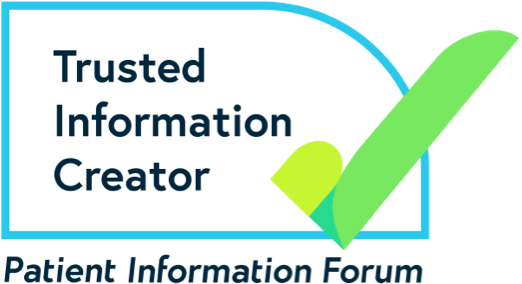Testicular cancer
Find out about testicular cancer (one of the most common cancers in young people), the symptoms, how it’s diagnosed and what treatment is available.
- Testicular cancer is one of the most common cancers in young people
- Its treatment has a high success rate
- Symptoms can include a swelling or lump, or a heavy feeling in your testicles
- Testicular cancer is usually diagnosed with a blood test, ultrasound scan and a CT or MRI scan
- Treatment almost always involves removing the affected testicle, and sometimes chemotherapy, surgery or radiotherapy depending on how advanced it is
What is testicular cancer?
Testicular cancer affects the testicles (balls). It is one of the most common cancers in young people – but the good news is that most cases can be cured.
There are different types of testicular cancer, but the most common is called germ cell tumour.
It’s important to check your balls from time to time for any changes or anything unusual.
Doing it after a bath or shower is a good idea, because the skin around your balls is loose and relaxed. Get used to what feels normal, and if you notice anything unusual, book an appointment with the GP.
What are the symptoms of testicular cancer?
If you feel a swelling or lump, it’s important to get it checked out (though most lumps won’t be cancer).
A heavy feeling in your balls can also be a warning sign.
And if you have testicular cancer and it’s spread to other parts of your body, you might get back, groin (the bit between your abdomen and the top of your thigh) or stomach pain, breathlessness or a persistent cough.
You can find out more about how to check your testicles on the Robin Cancer Trust website.
How is testicular cancer diagnosed?
Finding testicular cancer early makes it easier to treat.
If your doctor thinks you might have testicular cancer, you’ll see a specialist who will chat to you about your health, examine your balls, take blood and do an ultrasound scan.
The blood tests can show whether you have high levels of certain chemicals that can be caused by cancer (called tumour markers).
The ultrasound will show lumps or cysts.
If you have high tumour markers, and the ultrasound shows a highly suspicious lump, then you will be referred to a surgeon to have your testicle removed. They will then send this off to experts to be looked at under the microscope to find out what type of testicular cancer you have.
You can find out more in our Getting diagnosed section.
How do you treat testicular cancer?
The first part of the treatment is having your testicle removed. You can choose to have a fake, prosthetic testicle fitted in its place, so everything looks like it did before.
You will then have a CT scan to see whether the tumour has spread.
If your cancer is found at an early stage, then you may not need chemotherapy – the doctors will just keep a regular eye on you. However, most young people need a few short courses of chemotherapy.
If your cancer is more advanced, you might also then need radiotherapy and/or surgery which can stop the cancer returning and kill off any remaining cancer cells.
Will testicular cancer affect my fertility?
Fertility means the ability to have children.
Treatment for testicular cancer can mean that your fertility could be affected. That can be really tough to face. However, you will get the chance to store sperm before starting chemotherapy, making it more likely that you could still have a family in the future.
If your fertility hasn’t been mentioned your treatment team will be happy to talk to you about this and answer any questions. Find our more in our section on fertility.

PIF TICK accredited information
The Patient Information Forum is the UK membership organisation and network for people working in health information and support. The PIF TICK is the UK-wide Quality Mark for Health Information.

